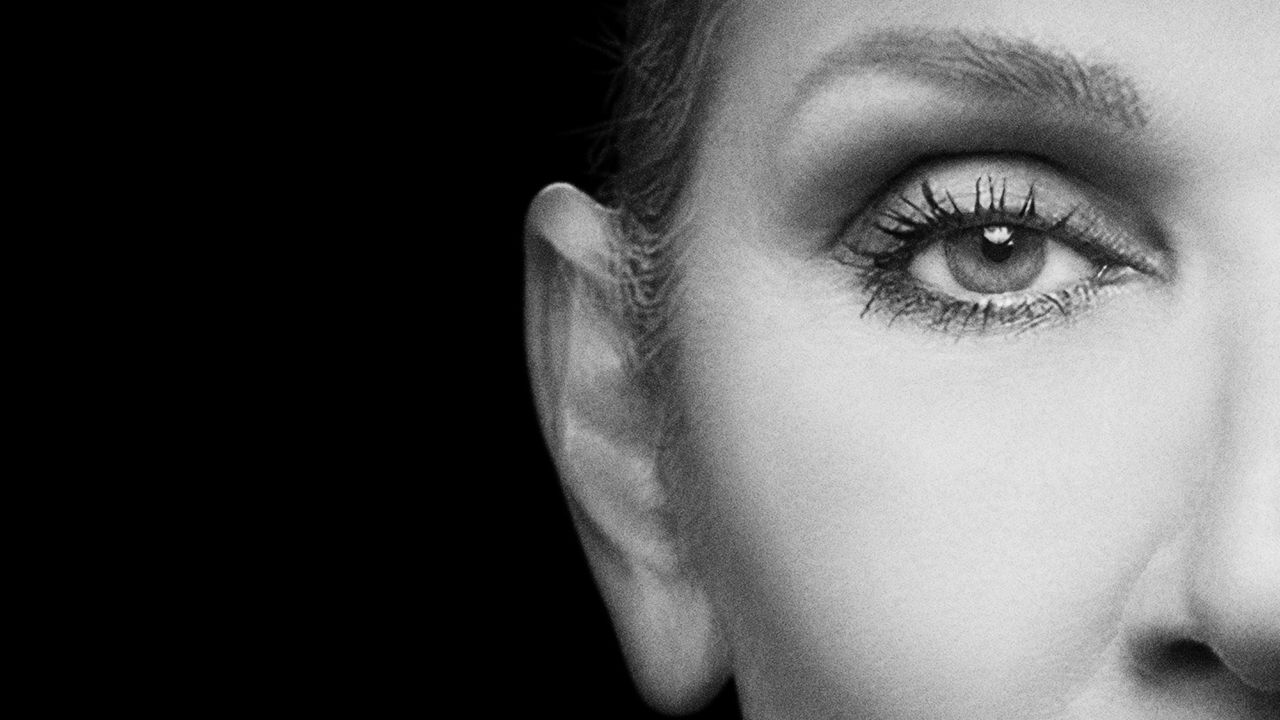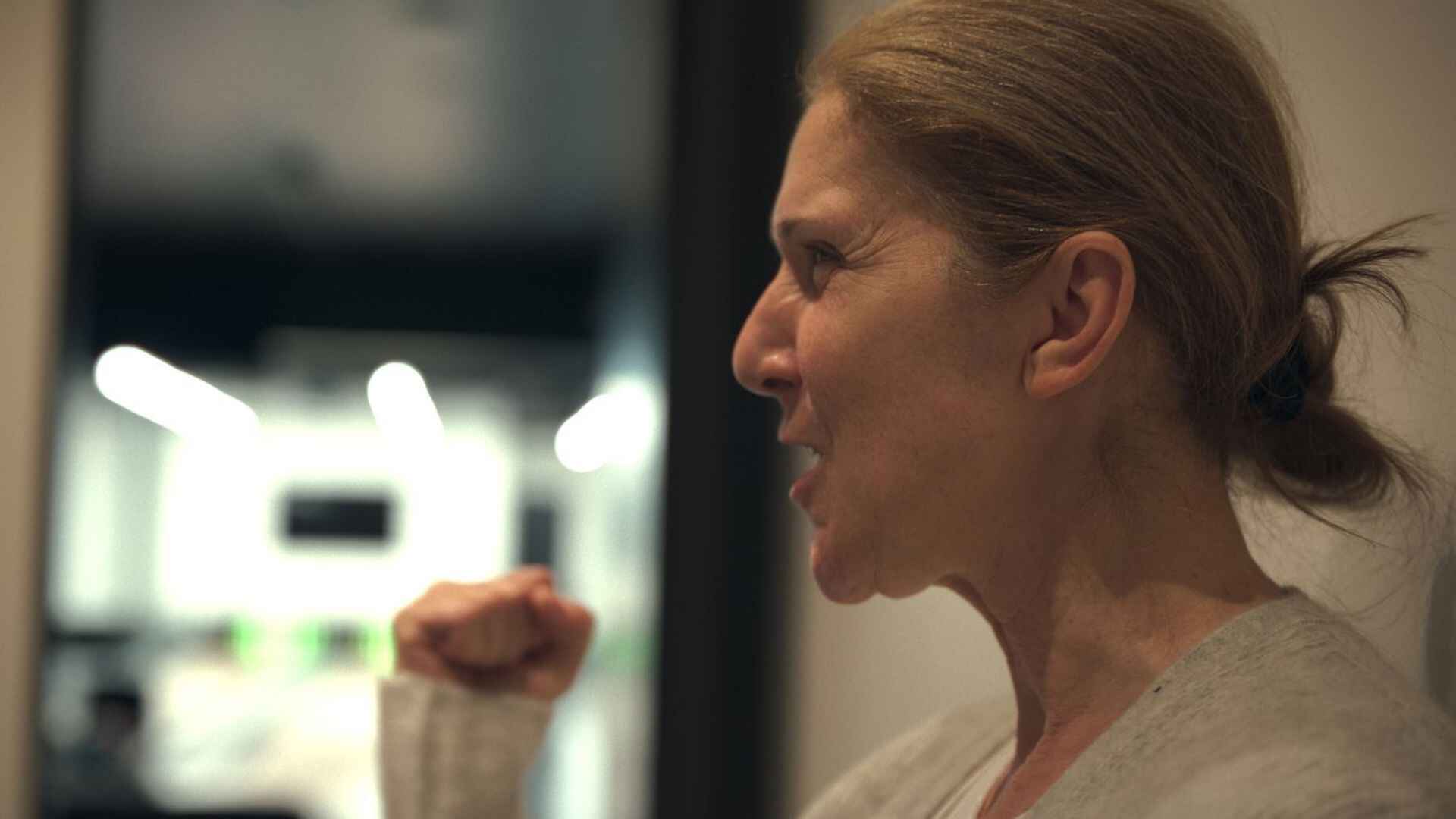Celine Dion’s Neurological Condition: Celine Dion Neurological Condition
Celine dion neurological condition – Celine Dion has been diagnosed with Stiff Person Syndrome (SPS), a rare neurological disorder that affects the central nervous system. SPS causes muscle stiffness and spasms, which can be painful and debilitating. The condition is thought to be caused by an autoimmune reaction, in which the body’s immune system attacks its own tissues.
Dion was diagnosed with SPS in late 2021, and she has since been receiving treatment for the condition. She has said that the symptoms of SPS have made it difficult for her to perform, and she has been forced to cancel several concerts and performances.
Impact on Career and Personal Life
SPS has had a significant impact on Dion’s career and personal life. She has been forced to cancel several concerts and performances, and she has said that the symptoms of the condition make it difficult for her to perform. SPS can also cause fatigue, anxiety, and depression, which can further impact a person’s quality of life.
Dion has said that she is determined to continue performing, and she is working with her doctors to manage her condition. She has also said that she is grateful for the support of her fans and family during this difficult time.
Stiff Person Syndrome

Stiff Person Syndrome (SPS) is a rare neurological condition characterized by progressive muscle stiffness and spasms. It is an autoimmune disorder in which the body’s immune system mistakenly attacks the central nervous system, specifically the brain and spinal cord. The exact cause of SPS is unknown, but it is believed to be triggered by a combination of genetic and environmental factors.
Symptoms of SPS typically begin gradually and worsen over time. They include:
- Muscle stiffness and rigidity, especially in the trunk and limbs
- Painful muscle spasms that can be triggered by noise, touch, or emotional stress
- Difficulty walking and maintaining balance
- Anxiety and depression
Treatment for SPS typically involves a combination of medications, physical therapy, and emotional support. Medications can help to reduce muscle spasms and stiffness, while physical therapy can help to improve flexibility and range of motion. Emotional support can help to manage the anxiety and depression that often accompany SPS.
Celine Dion’s Condition
Celine Dion’s condition is consistent with Stiff Person Syndrome. She has experienced muscle stiffness and spasms, as well as difficulty walking and maintaining balance. She has also reported feeling anxious and depressed. Dion’s diagnosis of SPS was confirmed by a team of neurologists at the Mayo Clinic in Rochester, Minnesota.
Dion’s case of SPS is similar to other cases in terms of the symptoms and progression of the disease. However, it is important to note that SPS is a rare condition, and each case is unique. The severity of symptoms and the response to treatment can vary from person to person.
Treatment and Management

Stiff Person Syndrome (SPS) is a rare neurological disorder that affects the central nervous system. There is no cure for SPS, but there are a variety of treatments that can help to manage the symptoms.
Treatment options for SPS typically involve a combination of medications, therapies, and lifestyle changes. The goal of treatment is to reduce muscle stiffness and spasms, improve mobility, and prevent complications.
Medications
Medications used to treat SPS include:
- Muscle relaxants, such as baclofen and diazepam, can help to reduce muscle stiffness and spasms.
- Anticonvulsants, such as gabapentin and pregabalin, can help to prevent seizures and reduce pain.
- Immunosuppressants, such as azathioprine and methotrexate, can help to suppress the immune system and reduce inflammation.
The effectiveness of medications for SPS varies from person to person. Some people may experience significant relief from their symptoms, while others may only experience a modest improvement. Medications can also cause side effects, such as drowsiness, dizziness, and nausea.
Therapies
Therapies that can help to manage SPS include:
- Physical therapy can help to improve mobility and range of motion.
- Occupational therapy can help to develop coping mechanisms and strategies for managing daily activities.
- Speech therapy can help to improve speech and communication.
Therapies can be helpful in reducing the symptoms of SPS and improving quality of life. However, they are not a cure for the disorder.
Lifestyle Changes
Lifestyle changes that can help to manage SPS include:
- Getting regular exercise can help to improve mobility and reduce stiffness.
- Eating a healthy diet can help to maintain a healthy weight and reduce inflammation.
- Getting enough sleep can help to reduce fatigue and improve overall health.
Lifestyle changes can help to improve the symptoms of SPS and make it easier to manage the disorder.
Prognosis and Outlook

Stiff Person Syndrome (SPS) has a variable prognosis and outlook. The course of the condition can be influenced by factors such as the severity of symptoms, the age of onset, and the presence of any underlying medical conditions.
Factors Influencing Prognosis
* Severity of Symptoms: Individuals with mild symptoms may experience only occasional muscle stiffness and spasms, while those with severe symptoms may have debilitating muscle rigidity, difficulty walking, and even respiratory problems.
* Age of Onset: SPS typically develops in adulthood, and the prognosis tends to be better for those who develop the condition later in life.
* Underlying Medical Conditions: The presence of other medical conditions, such as autoimmune disorders or cancer, can affect the severity and progression of SPS.
Potential Complications
SPS can lead to several potential complications, including:
* Muscle Weakness: Severe muscle rigidity and spasms can lead to progressive muscle weakness, making it difficult to perform everyday activities.
* Respiratory Problems: In severe cases, muscle spasms can affect the muscles involved in breathing, leading to respiratory distress and potentially life-threatening complications.
* Pain: Muscle spasms and rigidity can cause significant pain and discomfort.
* Disability: SPS can significantly impact an individual’s quality of life and ability to work or participate in daily activities.
Support and Resources
Stiff Person Syndrome (SPS) can be a challenging condition to manage, both physically and emotionally. Support groups, organizations, and online resources can provide valuable assistance to individuals with SPS and their families.
Emotional support is crucial for coping with the challenges of SPS. Connecting with others who understand the condition can provide a sense of community and reduce feelings of isolation. Support groups offer a safe space to share experiences, offer encouragement, and learn from others.
Support Groups
– The Stiff Person Syndrome Foundation: https://www.stiffpersons.org/
– The National Organization for Rare Disorders (NORD): https://rarediseases.org/rare-diseases/stiff-person-syndrome/
– The Myasthenia Gravis Foundation of America (MGFA): https://www.myasthenia.org/
Online Resources, Celine dion neurological condition
– The Stiff Person Syndrome Foundation website: https://www.stiffpersons.org/
– The National Institute of Neurological Disorders and Stroke (NINDS) website: https://www.ninds.nih.gov/Disorders/All-Disorders/Stiff-Person-Syndrome-Information-Page
– The Mayo Clinic website: https://www.mayoclinic.org/diseases-conditions/stiff-person-syndrome/symptoms-causes/syc-20354663